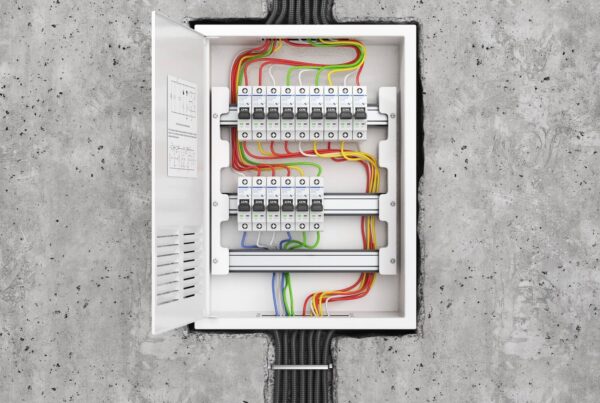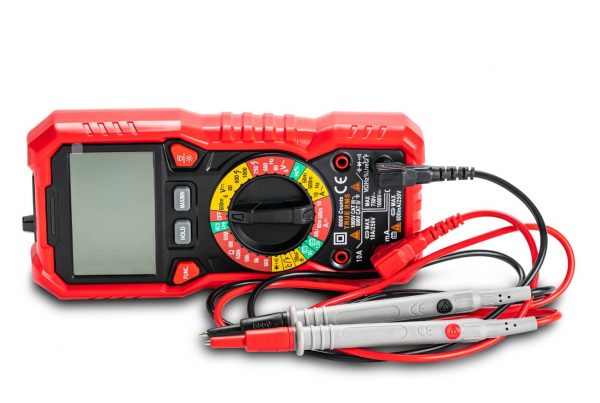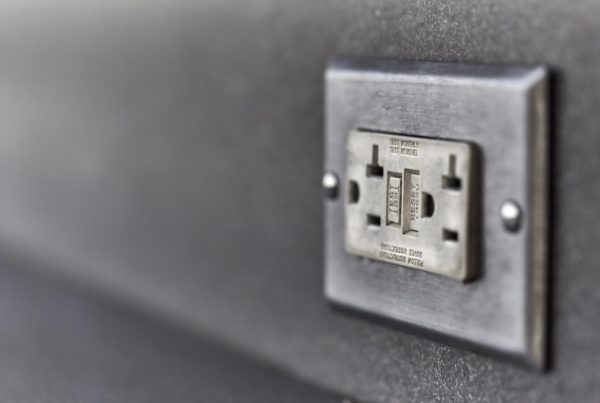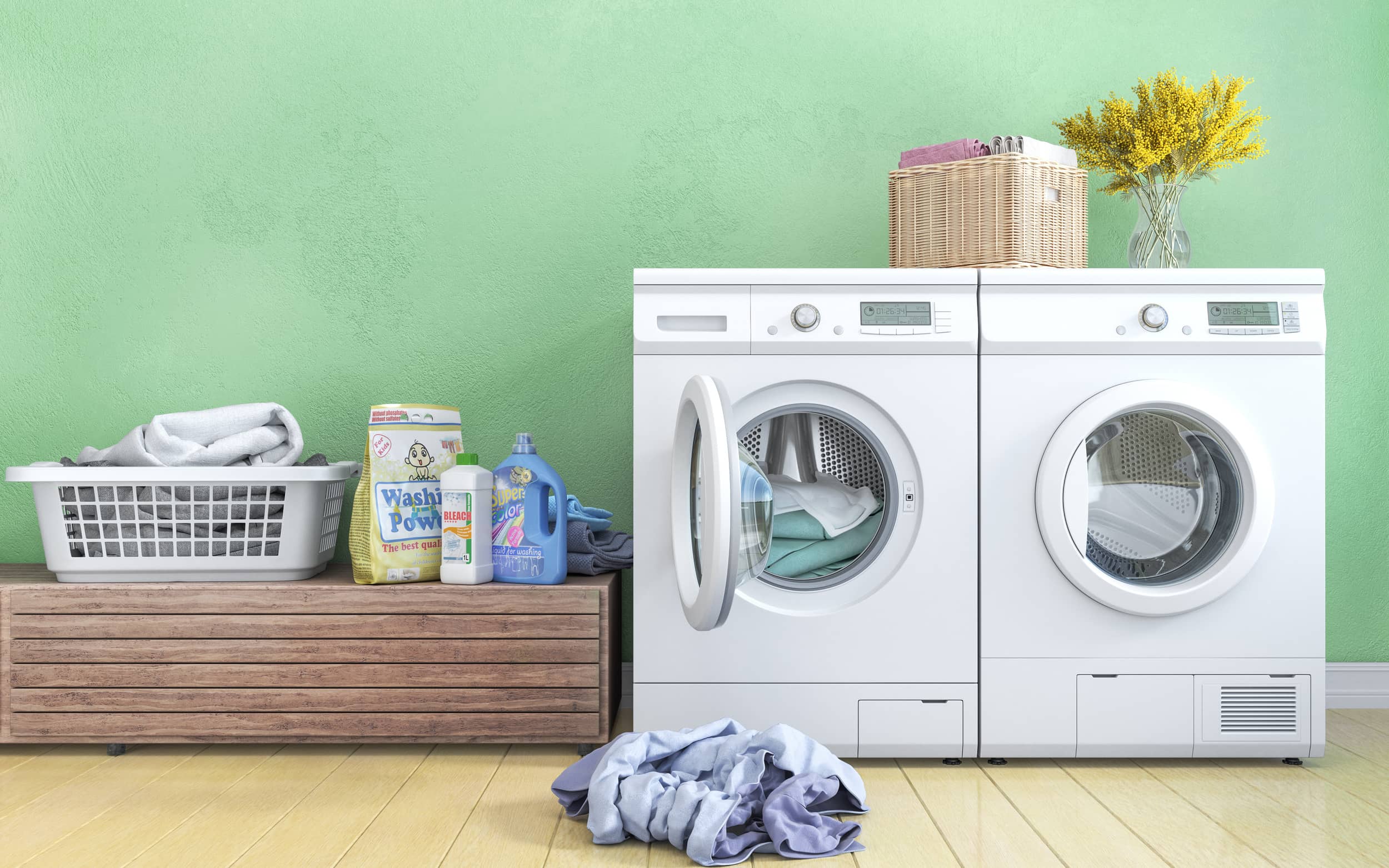
One of the many areas of your home that you rarely think about is the electrical work. Most homeowners build or buy a home and the electrical layout is an after-thought. How many homeowners actually know what the circuit breaker needs and what this all means? Can you talk about your appliances and their electrical requirements as you could talk about your home’s flooring? Probably not. However, it is very important to understand what appliances require which electrical wiring in order to prevent house fires. What size wire for dryer? Wire size will vary based on the manufacturer design for amps needed to operate the dryer.
Let’s take a look below at some more wire details.
What Cable Type Do I Use
Believe it or not, a clothes dryer has unique electrical requirements. This is due to the many working parts within a clothes dryer. Because a clothes dryer needs wires that carry a 120-volt and a 240-volt the actual wiring type is unique that it has four wires in it. The wire breakdown within the non-metallic cable (NM-cable) is one ground wire, one neutral wire, and two hot wires (red and black).
Keep in mind that when purchasing a cable for your clothes dryer the package might read three-wire cable. However, that is because the manufacturer leaves off the green ground wire in the number count. Lastly, the packaging for any setup under 15 feet will read as “10-3 NM cable” or an 8 gauge wire reading “8-3 NM cable.” The packaging label allows you to make sense of what is needed and how it works with your electric dryer unit.
Wire Gauge Factors
Your wire gauge is going to vary depending on the amps required for your clothes dryer, the size of your circuit breaker, and the size of the dryer cord. Keep in mind that some clothes dryers vary in their amp needs. If your dryer requires 30 amps circuit, then the wire gauge will be 10 gauge. If your dryer requires 40 amps circuit, then you are needing a thicker 8 gauge wire. The lower you go in gauge number the thicker the wire.
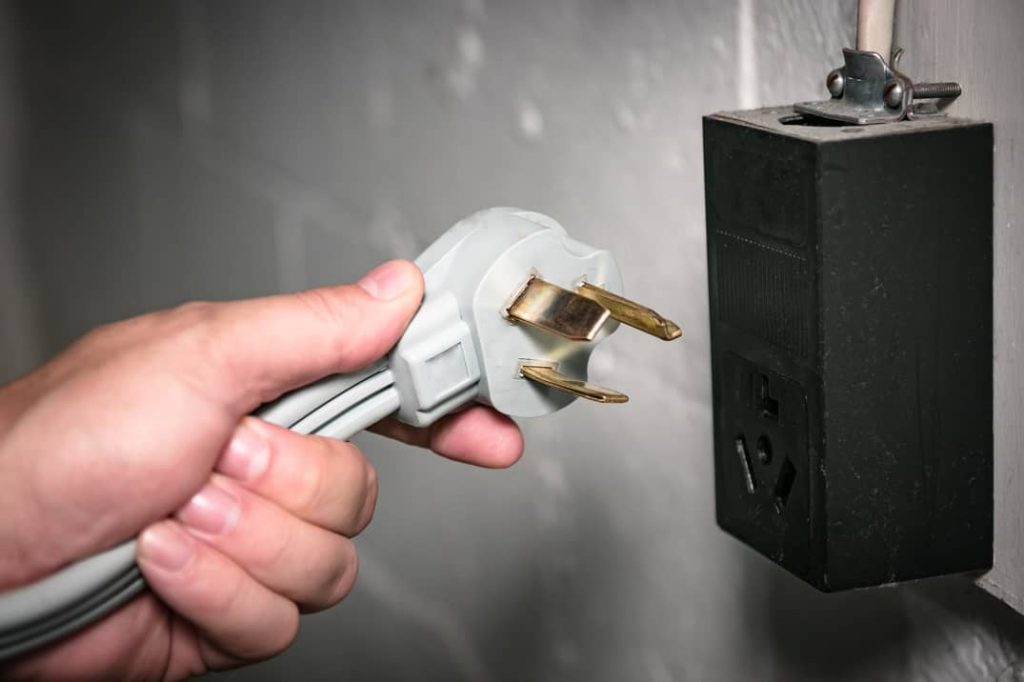
Wiring Needed For A 4-Prong Outlet
Converting your electrical outlet to a 4-prong dryer outlet can be done fairly easily. Your first order of business is to hire an experienced electrician. This can prevent you from wiring the dryer circuits incorrectly. The 4-prong outlet is wired for a 120/240-volt circuit. You need the 120-volt circuit for the dryer timers, sensors, and electronics.
The 240-volt circuit is needed for the power and heating elements of the dryer. Keep in mind that the National Electric Code (NEC) expects your dyer to be on a dedicated circuit and have a minimum of a 30 amp breaker. Luckily for you, the installation of a 4-prong outlet also requires 30-amps and a double-pole breaker for the proper wiring of a 10 AWG wire set up.
How Much Does It Cost
The cost of installing a 4-prong outlet and wiring for your clothes dryer can vary depending on your location. The national average for an electrician to come out is $75-$150 per hour. You are likely looking at the installation of a new dryer wire and 4-prong outlet and breaker setup costing between $300 and $800.
Other Recommended Maintenance
Now that you have an understanding of what size wire you need for a clothes dryer, look into safety precautions. Anytime you are dealing with electrical work it is best to leave it to the professionals.
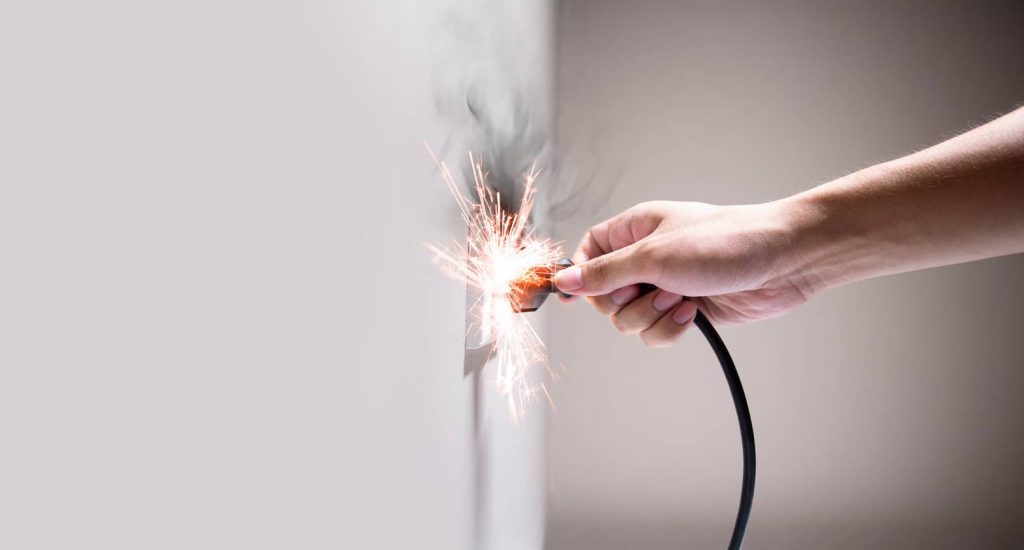
However, in some cases you just need to get the job done, so read up on how to put out electrical fires. Not only should you have a fire extinguisher available, but knowing the extra precautions for electrical-specific fires is key.
Since you are in the realm of electrical work, studying up on all of your appliances needs could be a great idea. Seeing that your dryer needs its own dedicated circuit should have you asking more appliance questions. For example, how many amps does your refrigerator use? Knowing this helps you select the right appliance based on how your home’s electrical outlets are wired.
Lastly, can your microwave run off of a single breaker or does it need more power? The key here is understanding what kind of breaker your appliances need. Also, knowing the amps needed to power each appliance. So, what is the breaker size for a microwave? Reading up on this can save you from kitchen damage and a house fire.
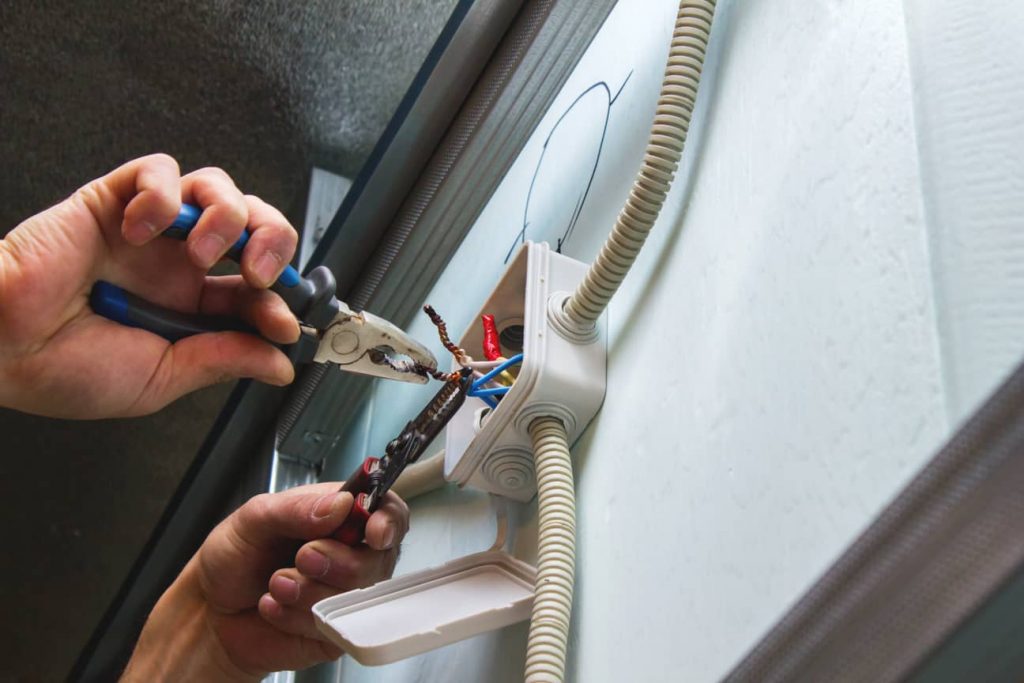
When Do I Call A Professional
Calling on a professionally licensed electrician is a great idea when dealing with any appliance wiring. They can provide you with the correct outlet hookup and dedicated circuits for your clothes dryer.
In addition, they have the tools, equipment, and materials that you need to complete a successful project. Hiring a local professionally licensed electrician will save you time and money. They can also ensure that your project is done safely and successfully.
Conclusion
Understanding your home appliance wiring requirements is important to keeping your home and family safe. You wouldn’t want a wiring mistake because you tried to save some money by completing the project as a do-it-yourself. It is best to reach out to a local professionally licensed electrical contracting service.
Prior to having the electrical contractor out to the house, call on your local home inspection team to see if you have other electrical wiring needs beyond your clothes dryer. Call on Boggs Inspection Services to get your yearly home inspection completed in the Lacey, WA, and surrounding areas.

